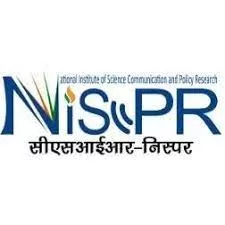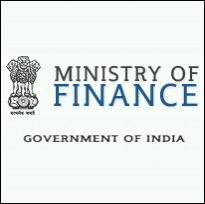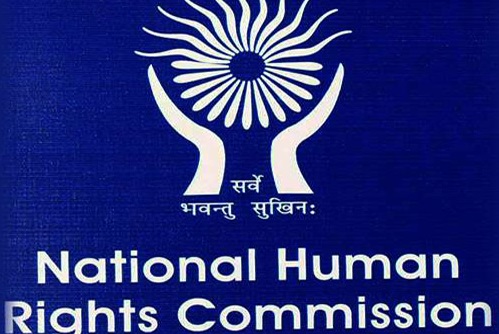The International Conference on Communication and Dissemination of Traditional Knowledge (CDTK-2024), organized jointly by CSIR-National Institute of Science Communication and Policy Research (NIScPR) and Gurugram University, took place at Gurugram University, Gurugram. The two-day event brought together experts, researchers, and policymakers to discuss the preservation, validation, and integration of traditional knowledge into contemporary practices.
On the first day, diverse sessions addressed topics such as integrating traditional pedagogies into modern education, ethics in traditional knowledge research, and the science underlying traditional agriculture and cuisine. Other discussions focused on sustainable architecture, blending ancient sciences with modern disciplines, and innovative communication strategies through the Paramparik Gyan Sanchar: SVASTIK workshop.
The second day featured deeper explorations into traditional knowledge and its applications. During the Arogya Vidya session, Prof. Bhushan Patwardhan urged healthcare professionals to prioritize patient welfare and adopt practices benefiting humanity. Dr. Rabinarayan Acharya advocated for an inclusive, evidence-based healthcare framework and integration of AYUSH systems, while Dr. N. Zaheer Ahmed emphasized research on traditional remedies and drug quality. Dr. N. J. Muthukumar highlighted efforts to revive Siddha practices using digital tools.
Another significant session, Jal, Paristhitiki Evam Paryavaran, featured insights from Dr. Virendra M. Tiwari and Prof. Saroj K. Barik on traditional ecological knowledge for biodiversity and forest conservation. Prof. Sharad Jain traced India’s ancient hydrological advancements, referencing texts like the Rig Veda and Arthashastra and showcasing water management techniques from the Indus Valley Civilization.
In the session on ancient healing traditions, chaired by Dr. A. Raghu and co-chaired by Dr. Yogita Munjal, discussions centered on integrating yoga, homeopathy, and Sowa Rigpa into modern healthcare. Dr. Sunil S. Ramteke illustrated the principles of homeopathy, while Dr. I.N. Acharya emphasized pranayama’s therapeutic role in managing stress. Dr. Padma Gurmet highlighted the significance of Sowa Rigpa in the Himalayan region and its ties to Indian Buddhism.
A panel discussion on the scientific validation of traditional knowledge, led by Prof. Vibha Tripathi, explored key research goals, including providing evidence for traditional practices, leveraging traditional knowledge in modern science, and improving healthcare systems. Panelists, such as Prof. Rama Jayasundar and Dr. Rabindra N. Padariya, emphasized interdisciplinary collaboration, community validation, and digitalization as essential for authenticating traditional agricultural knowledge.
The valedictory session, presided over by Prof. Ranjana Aggarwal, Director of CSIR-NIScPR, featured Padma Bhushan Prof. Anil P. Joshi (HESCO, Dehradun) as the Chief Guest. Prof. Joshi stressed the importance of preserving cultural heritage while harmonizing it with modern advancements. Awards for the best poster presentations were presented, recognizing students’ exemplary contributions. Prof. Dinesh Kumar, Vice Chancellor of Gurugram University, called for a collective commitment to sustainability, warning against environmental degradation driven by materialism.
Dr. Charu Lata summarized the conference discussions, and Dr. Dhirender Kaushik extended thanks to all participants for their contributions. The conference concluded with a reaffirmation of the importance of sustainability, innovation, and cultural preservation in addressing contemporary challenges, marking a successful culmination of CDTK-2024.




